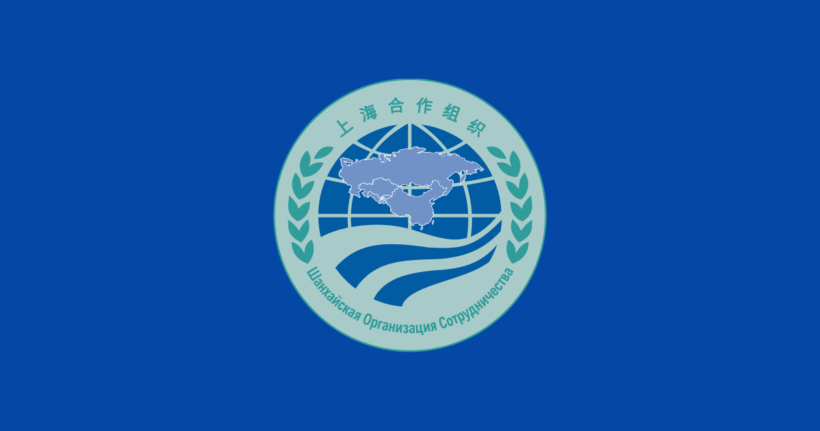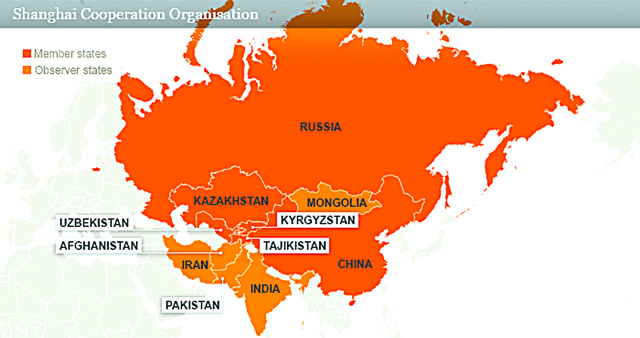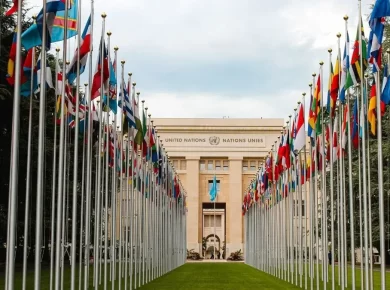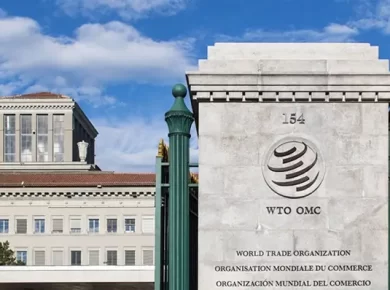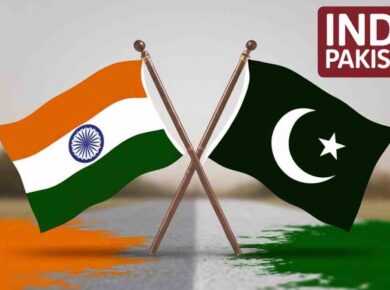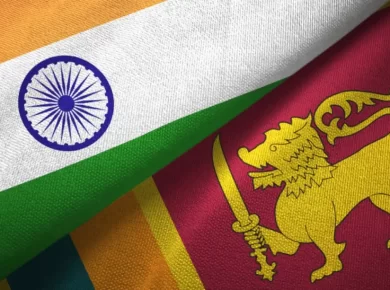Shanghai Cooperation Organisation (SCO)
Importance of India’s Membership for SCO
SCO will now represent over 40% of humanity and nearly 20% of the global GDP. Experts say India’s inclusion may even bring down Beijing’s overarching influence over the SCO. India, as the largest economy in southern Asia, has much more to offer for the economic development of Central Asian countries.
India’s inclusion expands the influence of the organisation in international and regional affairs in various fields, especially in security, geopolitics and the economy.
Importance of SCO’s membership for India
- Will strengthen India’s position in Central Asia
- Greater access to major gas and oil exploration projects in Central Asia
- Greater cooperation in dealing with terrorism as well as on issues relating to security and defence in the region.
- A platform for India to engage Pakistan in a wider regional setting & help boost anti-terrorism cooperation
Challenges
- Presence of both India and Pakistan can limit the effectiveness of SCO as has been the case with SAARC
- On the issue of terrorism China and India have different attitude vis a vis Pakistan, hence SCO membership might not help India in addressing concern in this context.
- India is the only country in SCO who has not joined OBOR. In all likelihood, China would use the SCO as a vehicle to promote its massive connectivity and infrastructure project, and put more diplomatic pressure on India.
- The vision of SCO shared by Russia and China involves a ‘new order’, clearly aimed at the West. As a result, the SCO has been often called the “Anti-NATO”, meant to counterbalance U.S. and Europe power structures. It would seem incongruous to reconcile this with India’s close military ties with the U.S.
Also read: India – A Soft Power and Indian Ocean India
✅ Shanghai Cooperation Organisation (SCO): 10 Key Points
-
Formation: The SCO was established in 2001 in Shanghai by six countries: China, Russia, Kazakhstan, Kyrgyzstan, Tajikistan, and Uzbekistan, aiming at regional cooperation.
-
India’s Membership: India became a full member in 2017 (alongside Pakistan), marking a major step in expanding its diplomatic and strategic footprint in Central Asia.
-
Headquarters: The SCO Secretariat is located in Beijing, China.
-
Objectives: The organization focuses on regional security, counterterrorism, economic cooperation, energy partnerships, and cultural exchange among member states.
-
Regional Anti-Terrorist Structure (RATS): Headquartered in Tashkent, Uzbekistan, RATS coordinates intelligence sharing and counterterrorism efforts among SCO members.
-
Strategic Importance for India: The SCO gives India a platform to engage with Central Asian countries, counterbalance China-Pakistan ties, and enhance Eurasian connectivity.
-
Observer and Dialogue Partners: SCO also includes observer states (e.g., Afghanistan, Belarus) and dialogue partners (e.g., Turkey, Sri Lanka, Saudi Arabia), expanding its influence.
-
India’s Balancing Act: India uses SCO to maintain diplomatic ties with China and Pakistan despite bilateral tensions, showcasing strategic autonomy in multilateral diplomacy.
-
Criticism and Challenges: The SCO is criticized for being China-dominated and ineffective in resolving major conflicts among its members (e.g., India–Pakistan).
-
Recent Initiatives: India has focused on connectivity, startups, healthcare, and digital transformation during its presidency and participation in SCO summits.
-
Cultural and Educational Cooperation: SCO promotes people-to-people ties through initiatives like SCO University, youth forums, and intercultural festivals among member states.
-
Energy and Connectivity Projects: The SCO supports regional connectivity projects like energy pipelines, railway corridors, and digital connectivity, aligning with initiatives like China’s BRI (though India remains cautious).
-
India’s Soft Power Projection: India uses the SCO platform to promote its soft power—highlighting yoga, Ayurveda, and startup innovation, and to project itself as a responsible regional power.
For more updates, explore the IR & Security Category. Feel free to share your thoughts and comments
If you’re passionate about building a successful blogging website, check out this helpful guide at Coding Tag – How to Start a Successful Blog. It offers practical steps and expert tips to kickstart your blogging journey!
